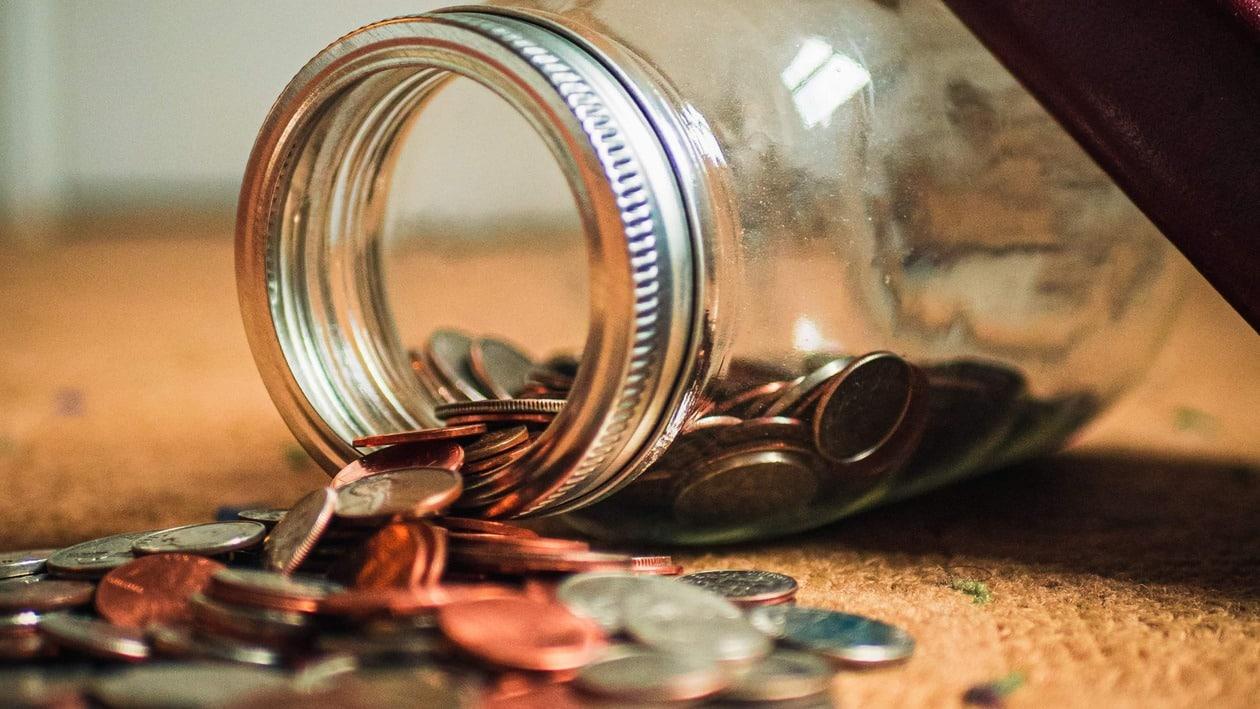You never know when you might suddenly need money to tackle emergencies. This is especially true if you suddenly face erosion in your wealth due to loss in businesses, theft, devaluation of your investments or sudden hospitalization. You may suddenly find yourself ill-equipped to repay loans in case of sudden job or business losses while also damaging your credit score.
Setting aside enough money in an emergency fund can not only help you repay your debt but also alleviate the effect of an unforeseen financial crisis. However, planning and having an emergency fund is not enough; you must take care to manage it properly for future use. There are myriad ways in which you may effectively manage your emergency fund some of which include
Set aside enough money in your emergency fund
Many people often inquire about how much money is enough when it comes to planning an emergency corpus. While one cannot anticipate possible events to decide on the adequacy of the fund, a sufficient contingency fund must contain enough money in it to cover a family’s daily expenses for at least 6-12 months, if and when the need arises.
Notwithstanding essential expenses including the money spent on food, rent, EMIs, children's school fees, fuel, and utility bills, one must have enough to pay off loan EMIs in the event of the absence of a regular income source. An adequate contingency fund can significantly mitigate the impact of a financial emergency, thus, waiving the need to seek a personal loan or approach friends and family members for money.
Those who recently started a contingency fund must keep it up to date and adjust it to reflect their changing lifestyle and spending habits. For example, unmarried people who have recently entered the workforce have different needs than their married peers working in mid-level positions, have families and subsequently have debts to repay.
Invest your emergency funds in accessible deposits
You surely cannot keep idle cash in a box or piggy bank while watching it being devalued with time. Money saved must also be money invested, which is why you must set aside the money in investment options offering easy liquidity despite low returns. To start with, you may deposit the money in high-interest savings accounts, liquid funds or set it aside in high-earning fixed and recurring deposits.
This allows investors like you to not only benefit from the interest income but also from easy accessibility when needed. While the fund’s easy liquidity ensures quick access in times of need, the returns will help as you see the value of the money in your fund outperform inflation and grow over time.
You can also increase or decrease the size of your contingency fund to reflect changing financial obligations. Put money in your emergency to increase its size to cover loan repayments. Once the loan has been repaid, reduce the size of the fund. Avoid investing your contingency fund in instruments with limited liquidity or a lock-in period.
Use your emergency fund only when needed
Remember that your “Emergency Fund” must cater to emergencies only. This means that you must use the money in it to pay your emergency bills only. This way, you must use it only when you don’t have enough money to cover day-to-day financial needs like paying your grocery/electricity bills, repaying your loans, and so on.
Do not use this fund to pay off unnecessary expenses. However, do not rely on your emergency fund as a long-term solution, but rather use it as a short-term financial arrangement that must be used to be rid of debt. When calculating the size of your contingency fund, prioritise essential expenses and use the money to pay your essential bills.
The past has highlighted the lack of surety that life has to offer. The lack of security looms largely over people’s lives, first due to the recurring effect of the Covid-19 pandemic and then a serious doubt about the world order following geopolitical tensions involving the Russia-Ukraine war. The last few years have taught us that emergencies frequently strike with little warning.
You can only protect yourself and ensure financial security for your loved ones by being prepared enough for unanticipated situations. An emergency fund will go a long way toward ensuring enough to survive without feeling hassled.
